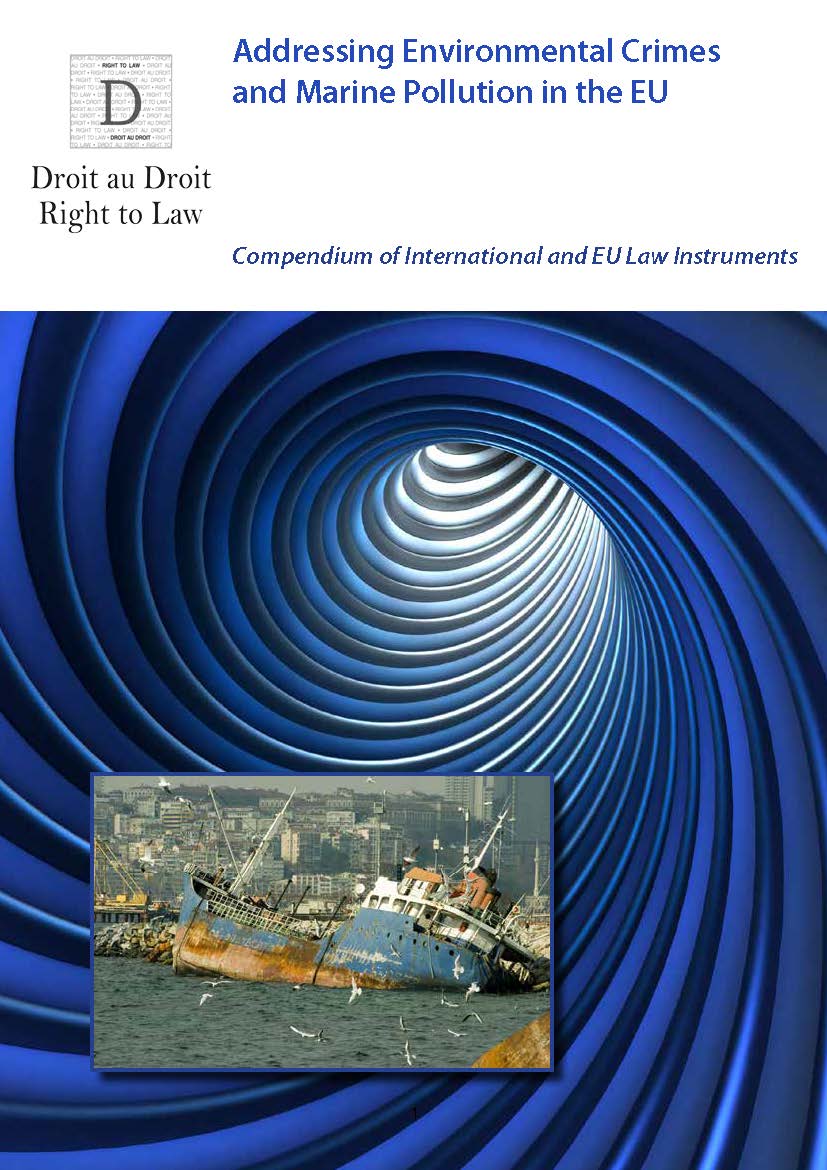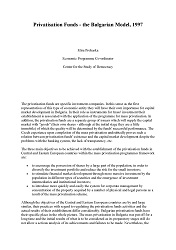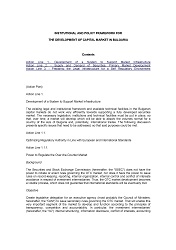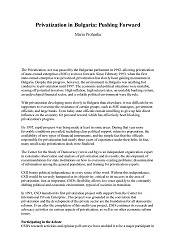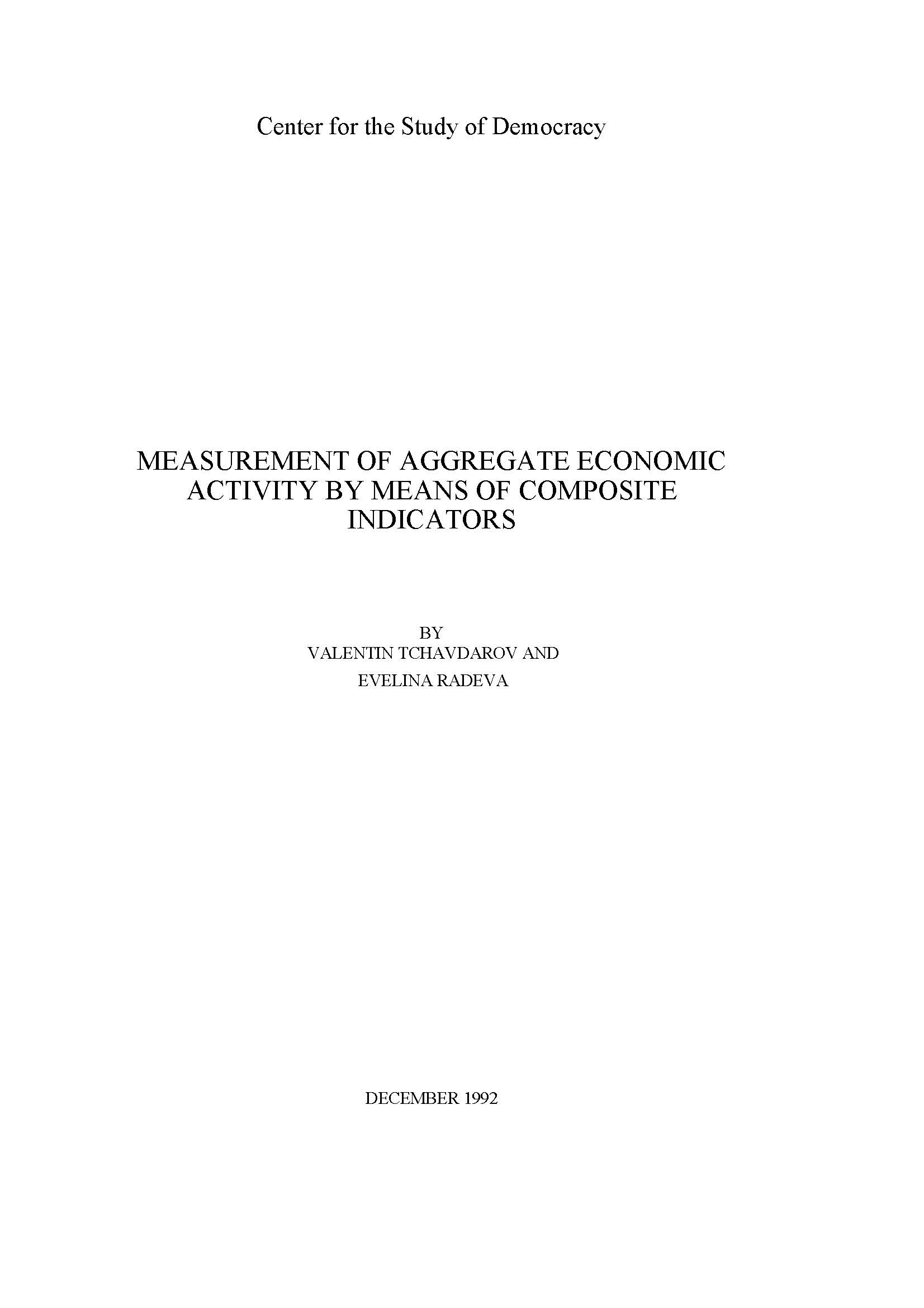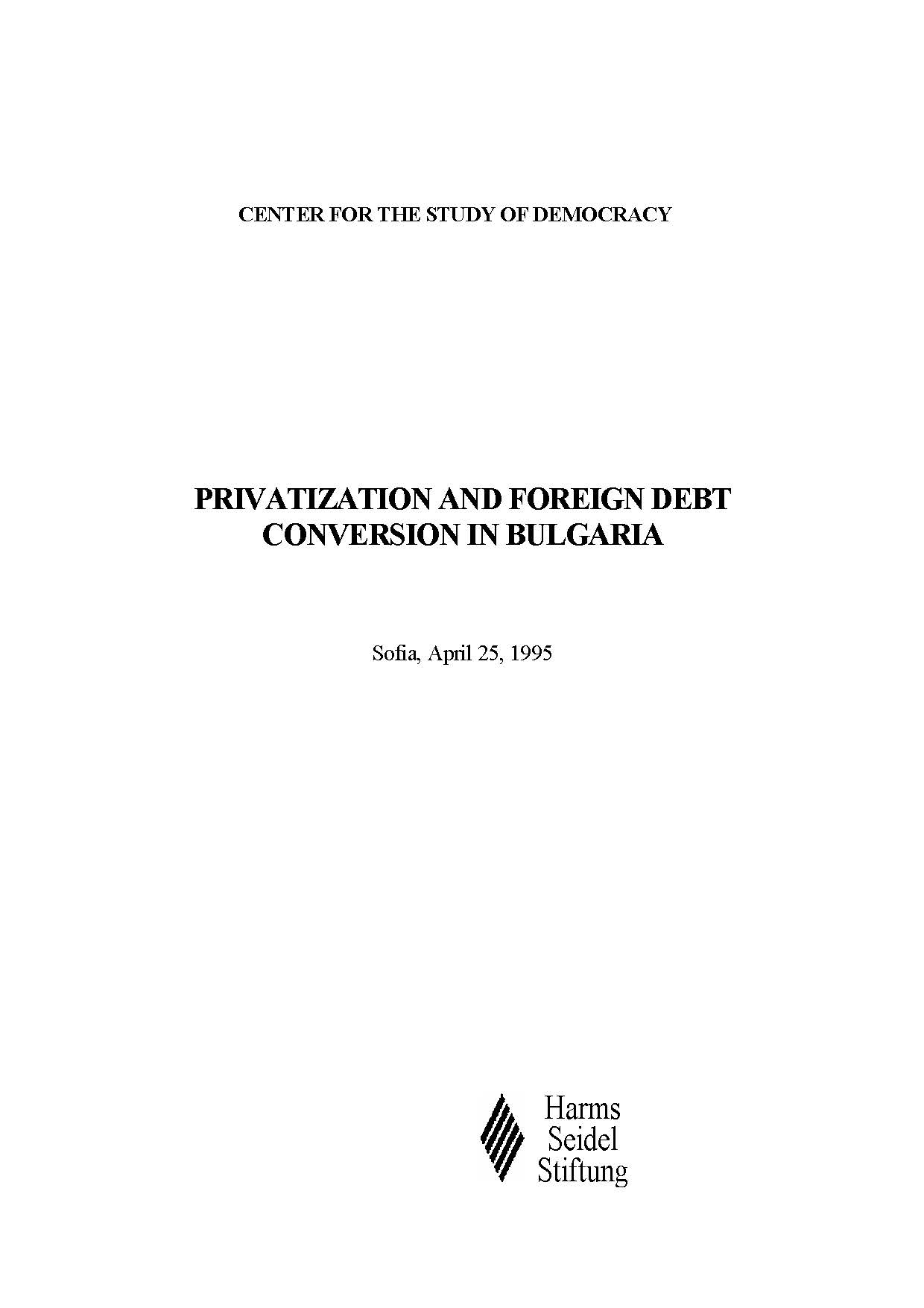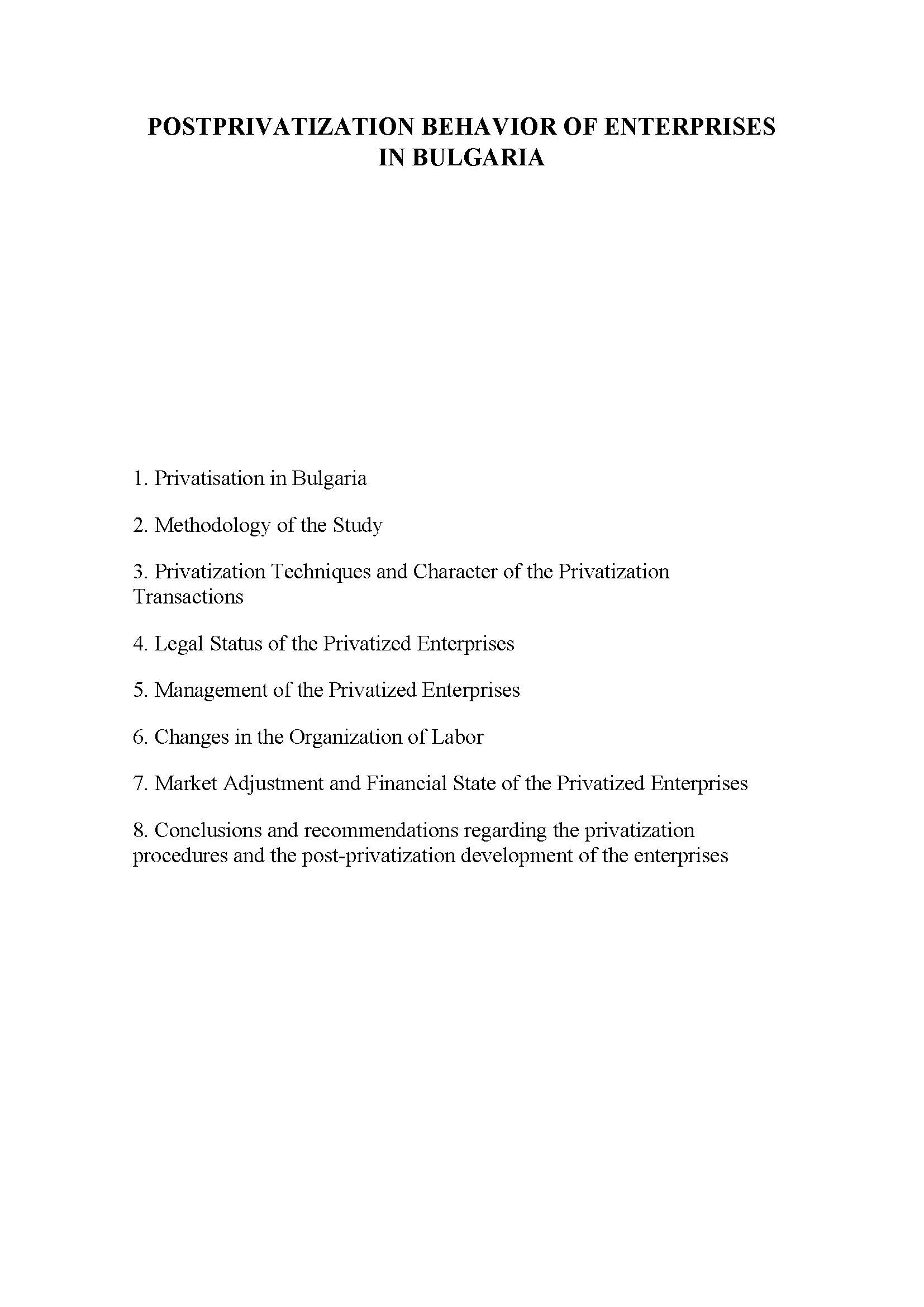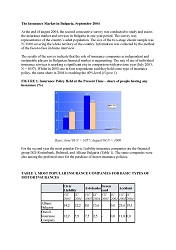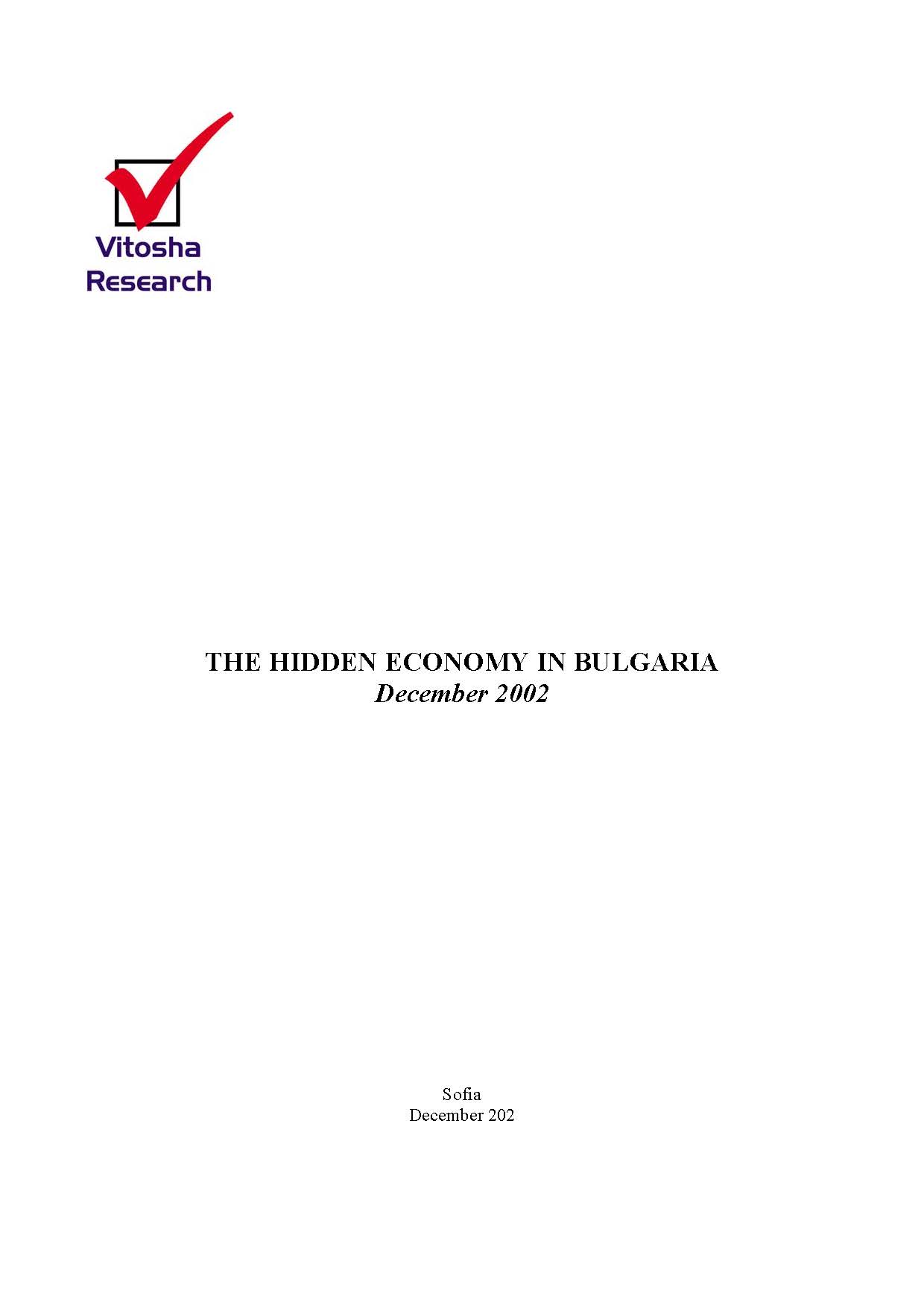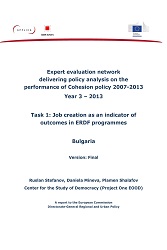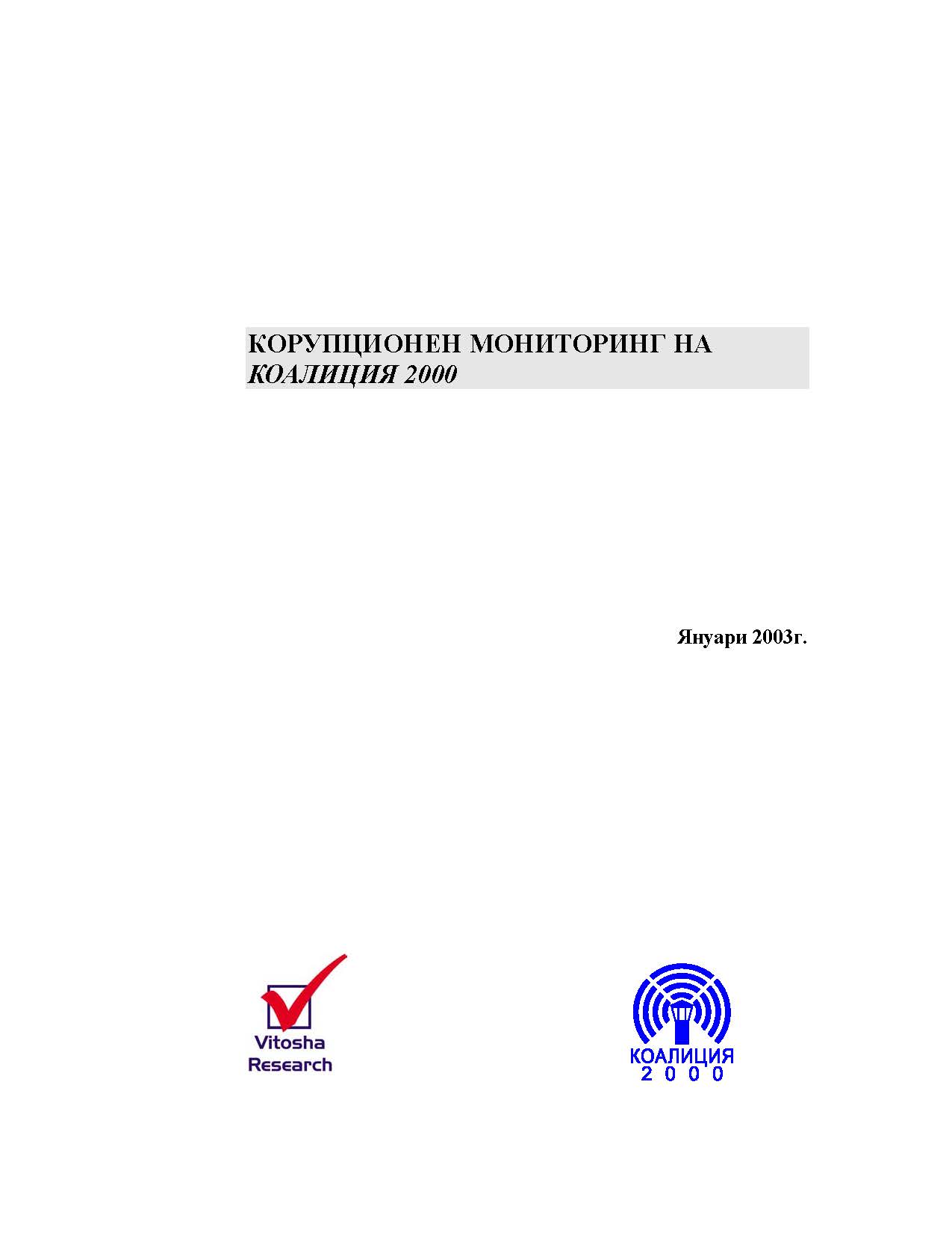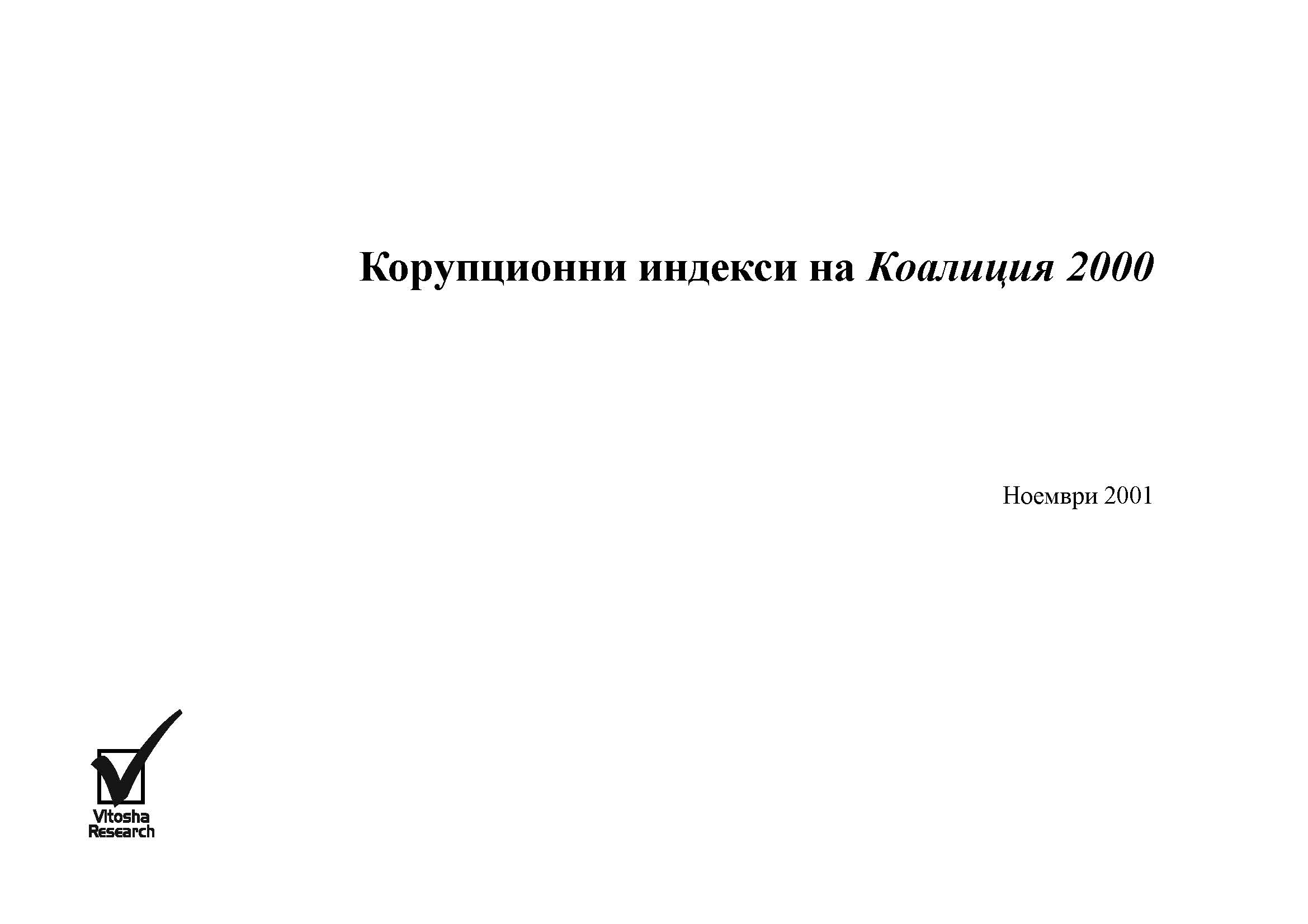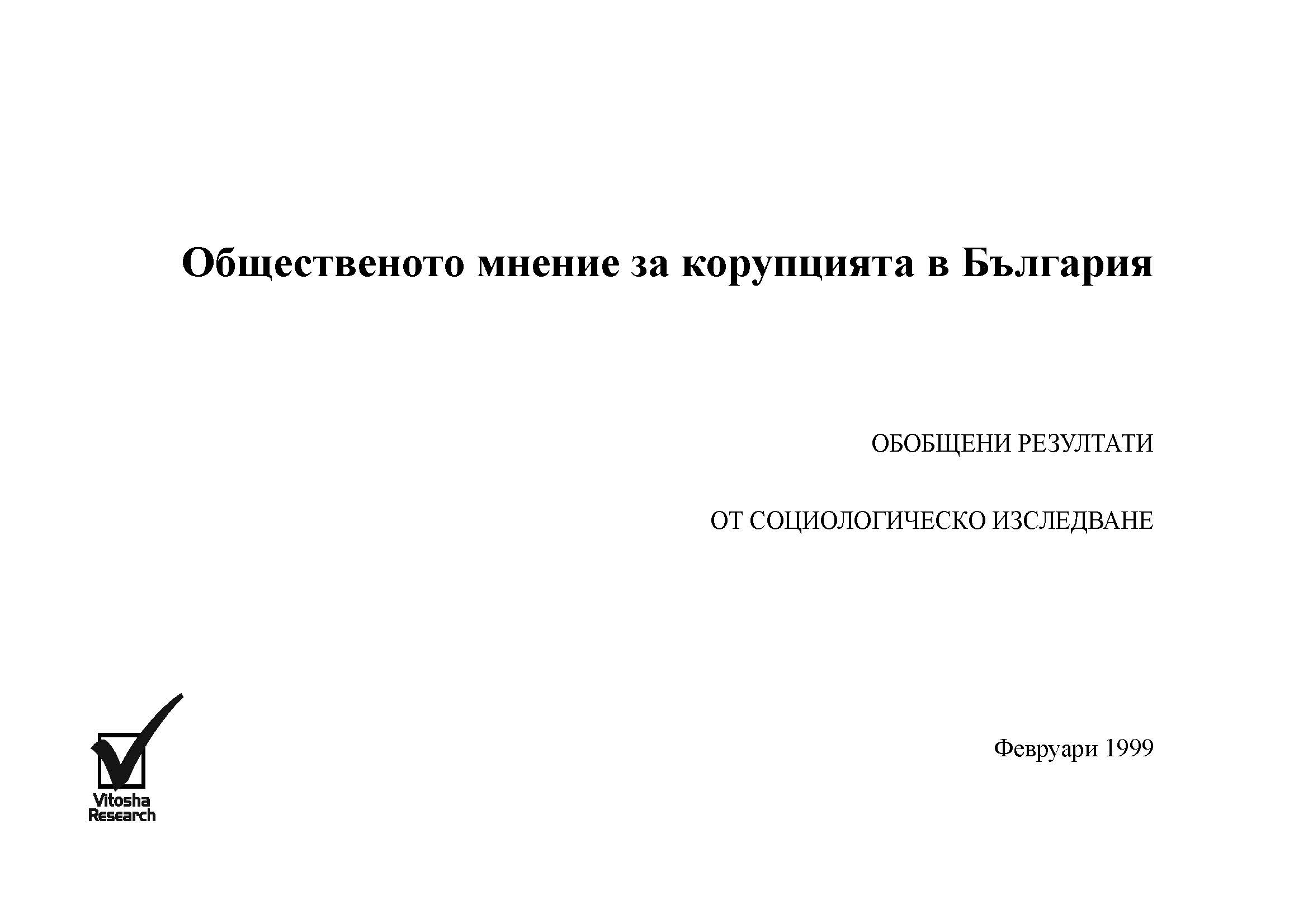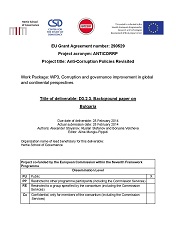
ANTICORRP Background paper on Bulgaria
The Worldwide Governance Indicators show that Bulgaria has made significant progress in the area of “control of corruption” since 1996. This finding contrasts with the general opinion of the Bulgarian population who perceive Bulgarian institutions as corrupt, and contradicts the decision of the European Commission to continue monitoring Bulgaria’s progress in fighting corruption and organized crime. Hence, there is a need for careful consideration and analysis to understand how much progress Bulgaria has really made in the fight against corruption. Can Bulgaria be considered an anti-corruption success story? This paper seeks to answer the above questions by providing a background analysis on Bulgaria’s governance regime. According to research, Bulgaria has made some progress in its transition from patrimonialism to open access order but the main features of its governance regime remain these of competitive particularism. In legal terms Bulgaria displays some open access order features but they do not translate into practical implementation.
More...

